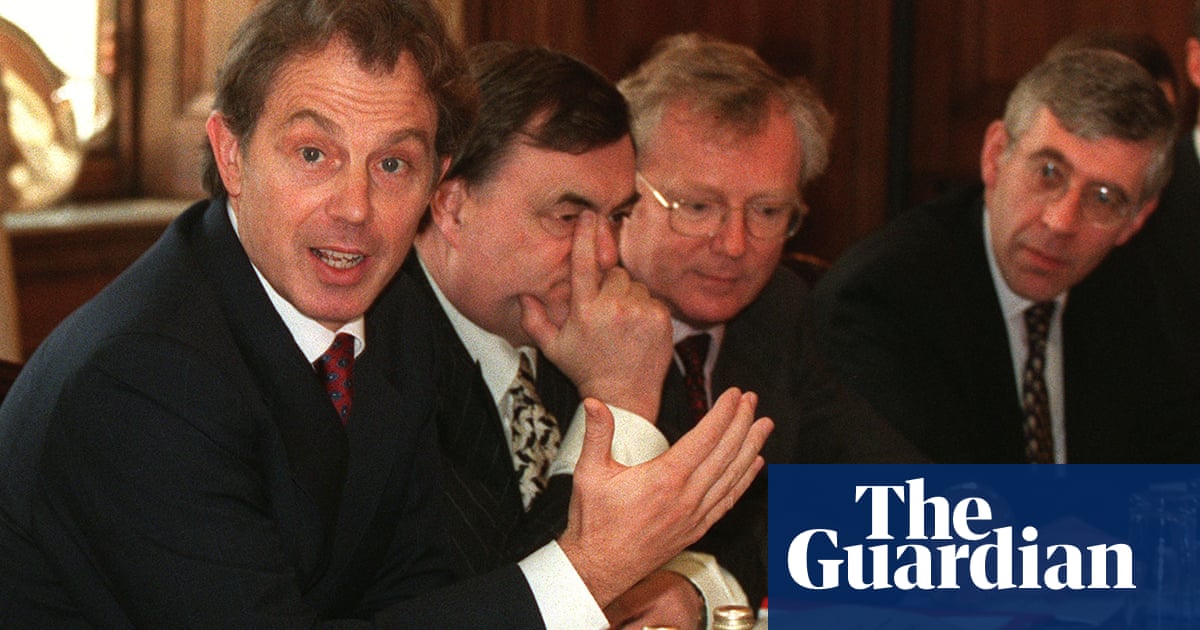The minimum wage has driven up the pay of millions of Britain’s lowest earners by £6,000 a year, making it the single most successful economic policy in a generation, according to a leading thinktank.
Since its introduction in 1999 by Tony Blair’s first Labour administration the policy has secured cross-party agreement, and should be seen as the basis for further improvements in the welfare of low wage workers, the Resolution Foundation said.
The minimum wage will increase on Monday 1 April as it rises from £10.42 to £11.44, in the third-highest annual change in its history – a rise of 9.8% in cash terms and 7.8% above inflation.
In a study released to mark 25 years since the policy’s introduction, the foundation said workers would have been £6,000 a year worse off since 1999 if their pay had only risen in line with average wages rather than the increases recommended by the independent Low Pay Commission.



Yes, that and increasing conditionality of benefits (which were originally designed to place a floor under which no employer could sink).
Minimum wage is a neoliberal policy, necessitated by the fact that capital would happily starve its own workforce to death and only then wonder why it could not find any more workers to exploit.
The Scandinavian countries are, I think, the only wealthy countries left with no minimum wage. Because sectoral bargaining still works there (hence Musk’s travails in Sweden).
I haven’t read this report but any research like this needs to also look at the proportion of the workforce who are at or close to the minimum wage, which has steadily increased since 1999. It has undoubtedly improved things for the most easily exploited workers but it has also meant that wages in general have pancaked downwards. Overall inequality has increased even as minimum wage improved things for the very lowest paid. This headline is reporting the good news while ignoring the bad.